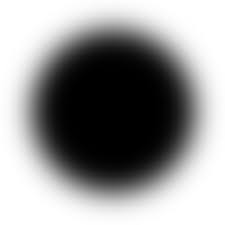Over the course of my life and experiences, I’ve encountered many different types of people. Some ceaselessly and compulsively project an image of power, others insist on constantly shoving evidence of their material wealth at the world. Others still assume the mantle of some cause or other, and project an almost comic zealousness (which is more times than not, expressed as a combination of sanctimony and outrage). And finally those who undoubtedly comprise the vast majority, the billions who float through their little lives, concerned only with the minutiae of their daily existences and blissfully (and perhaps even deliberately), ignorant of the larger world around them and their place in it. They merely live, or at least they think they do.
I’m not wealthy, famous, or even successful by most people’s standards, and I could care less about any of it. For whatever it’s worth however, a fraudulent media made me an involuntary “public” figure imbuing me with “infamy” for about 15 minutes, and I’ve often wondered when that will expire, but I digress. In general I have what I need for the time being, and I know where my interests lie. Nevertheless, when I consider all of the types of people I’ve mentioned above, I suspect that I differ from most of them in one fundamental way, that is, I am NOT afraid. And the reason is, because I simply don’t care. And I mean that in the broadest existential sense. I just don’t give a shit. I don’t need to. It’s very liberating. Let me explain.
I was lucky enough to have been born with some artistic inclination. That is, if nothing else, I found early on that I had an ability to draw (“mimic” as Aristotle would say), what I saw around me, and therefor perceive it and understand it, perhaps in a somewhat different way than most. This led to a natural curiosity about the world around me, and inevitably a contemplation of what the world or reality that I inhabit really is. As I grew and began my formal studies, first in a false start on the road to becoming a doctor (the thing my parents still lament I DIDN’T become), and settling into studying architecture as a creative compromise which if nothing else, is indeed the mother of the arts, because of the sweep of knowledge and other fields of study one is exposed to when studying it, I also began parallel inquiries on my own into what I later learned was the ontological branch of philosophy – consciousness, metaphysics, the meaning of truth, beauty, and existence itself.
As I began to formulate my own thoughts and ideas about my place in this reality (of which I openly admit I am still unsure), I also started thinking about a so called “worst case scenario”, that is, that THIS is all illusion. An imaginary construct. That even the deepest “true beliefs” to use a Platonic term (NOT true knowledge mind you), that we may have in our core – perhaps “hardwired” into our DNA, regardless of upbringing, religion, or life experience – that assumes the shape of universal purpose, morality, logic, the very essence of what we perceive and which our brains organize and assemble through our senses into the environment we inhabit, is in fact an utterly meaningless and inconsequential illusion. It is neither good nor bad. It is not even “IS”. Perhaps as illusory as time and space may be. Heavy stuff, I know, but stick with me.
I have my own reasons for this hypothesis that I’ve formulated. I’ll be the first to admit, that while it isn’t top of mind 24/7 for me, it does break the surface of my thinking at times, especially at night when I’m lying in bed and staring at the ceiling. I know it’s a terrifying prospect and one which I suspect most people, even subconsciously, have touched upon in their own lives and immediately recoiled from. And my theory is, that this idea even as a potential idea, instills a nagging and persistent terror in all of humanity on one level or another. That’s where the fun really begins.
I say this because when I was younger, I also trembled in fear at this prospect of nothingness and the meaninglessness of a fictional existence. While I was raised in a conservative and pious household by immigrants who to this day consider their salvation in being allowed to come to a 1950s America the singularly greatest event in their lives, and who pray in humble eternal thanks every day for that event, I myself abandoned organized religion very early on in my life, seeing it as nothing more than a sham business model (a very “American” idea in itself, now that I think about it), basically acting as a middle man in the supply chain between a deity and the end consumer. That’s not to say I am an atheist. Following the Aristotelian logic that I’ve come to adapt and marvel at, I can’t disbelieve in something that cannot be disproved. It has nothing to do with spirituality or an omnipresent god. I have no need or concern of either. It is simple logic which avoids a burden of proof that is impossible to fulfill. But let’s leave that aside for the moment. I became and continue to be, very cynical about human affairs in general and the motivating factors of human behavior, but it is only recently that I’ve connected that human behavior to this very idea of existential “FEAR”.
I remember a quote by Napoleon that has stuck with me over the years: “Men are moved by two levers, fear and self-interest”. Every person I’ve ever encountered, just or unjust, has been driven directly or indirectly by the end goal of bettering their lives. I took it as a given of human instinct, that the desire is universal to want to better one’s existence, to avoid physical malaise like hunger, fatigue, illness, pain and more visceral ailments like sorrow, misery, etc. To seek a “better” life. Ergo one’s “self-interest”. And while the answer may appear obvious, I still had this stubborn question as to WHY? Plato wrote 30 Socratic dialogues essentially asking the same question, and surmising that the answer lay somewhere in the realm of equating the pursuit of Virtue, “the good”, as actually being aligned with one’s self-interest.
I have come to understand that the great separating element between human beings and the rest of “living” nature, is a cognitive awareness of our own mortality, and so a knowledge that there is a very real limit to one’s physical life. Through observation and experience, we know that the end of that physical life will inevitably come, and that one’s life span is very real, and so our cognitive ability to understand this, also urges us to make the best of it. The alternative is almost too horrific to ponder – it would be like committing the greatest crime of all – to squander this very particular privilege and singular opportunity. This idea has been co-opted, refined, and repackaged by most of the world’s religions in one capacity or another by further instilling that this life is not just granting one a singular opportunity to live, but one is also being granted a singular opportunity to live well by “doing good”, as it will be weighed as a form judgement in some kind of “afterlife”. FEAR. FEAR of Judgment. FEAR of Failure. FEAR of the Unknown. Many FEARS.
I’ve also come to realize (how I did, is a completely different essay – suffice it to say it involved reading quite a bit on the philosophy of pre-Socratics, namely Heraclitus and Parmenides), that all of what we perceive as negative or positive is simply because there is an equal and opposite to compare it to, to put it in broad philosophical terms, it is the “unity of opposites” theory. As an example, one feels and is aware of physical pain, because one knows what the absence of pain feels like. One is aware of the darkness because there is light to compare it to. One feels hunger only because one can also feel the lack of hunger, etc. Once this type of binary comparative matrix is established and contemplated, one cannot help but begin and see everything through this prism of a Heraclitian duality. The intellectual existence of every single thing that is perceived and contemplated, is possible only because of its dependence and coexistence of an equal and opposite thing. As a result, not only do they comprise a duality, but in fact become UNIFIED into one idea of presupposition. I’ve come to realize that most people are incapable of understanding this idea on an intellectual level. And yet, it is the very mechanism that drives all of their sensory cognition.
Which brings me to my main point. Humans as I mentioned at the beginning, will for the most part imbue their lives with a sense of purpose and meaning because they are incapable of contemplating the opposite – a barren, amoral netherworld of non-existence. But given the unity of opposites theory, they ARE in fact able to contemplate one, and to FEAR it, because it is the opposite of what they believe their existence to be. They are bound to it, and to the FEAR, as long as they allow the unity of opposites to grip them.
There is however, (and let me say, if I haven’t already made it clear, that this is just my opinion), the third option, which is the absence of this duality. The absence of the good and the bad, the absence of the being and non-being. The absence of consciousness and reality itself (whatever that reality may mean). Everything a human being physically experiences and even contemplates, be it as “real” as cold rain falling on one’s head, or as “abstract” as the contemplation of mathematical logic, is all still within a realm of experience that is really mere perception – in other words subjective experience, which as a result, can never be fully proved or disproved as “real”. We all experience our own subjective reality everyday. Objective Truth, is something else altogether. Plato understood this difference and through much of his writing sought to distinguish between True Knowledge (what he thought of as “Universal Truth”), and mere belief (the opinions we formulate and label as ‘real” based on our subjective observation and experience).
To believe in the possibility of NOTHING, however, is to also FEAR NOTHING. It is the act of liberating oneself from the contemplation of existence itself.
I often delve into this contemplation of non-existence, when I feel that all too familiar feeling of fear of something or other creeping into my mind – an artifact of childhood, of subjectively constructed moralities hiding under my bed. It happens less and less now. And when I think back to all of those people that I’ve encountered and their very small and irrelevant proclamations of existence in the world, I see them for what they are. It is not ego that is compelling them to make noise and pathetically assert themselves to the world around them (though they themselves may privately and mistakenly admit it is), rather, it is FEAR. The louder they yell, the more insistent they seem, the more they try to convince you of their validity and absolute relevance and importance, the more they show their existential FEAR. A FEAR that lies within a subjective world they perceive, inhabit, and identify as “reality”. There are a select few of course, that may come closer to realizing what this FEAR is actually rooted in, and they are the most dangerous and duplicitous of our species, as they will almost always exploit this cursory understanding of human fear for personal gain. That is, if you allow them to.
Diogenes Laërtius, the infamous 3rd century historian of philosophers, in his, Lives and Opinions of Eminent Philosophers, relayed this anecdote about Thales of Miletus, who many consider to be the world’s FIRST Philosopher:
“Thales said there was no difference between life and death. “Why, then,” said someone to him, “do not you die?” “Because,” said he, “it does make no difference.””







